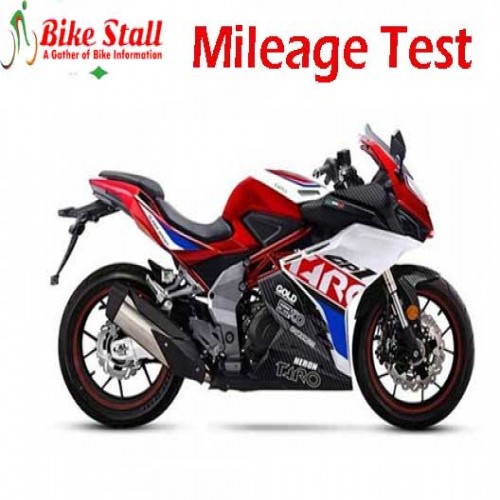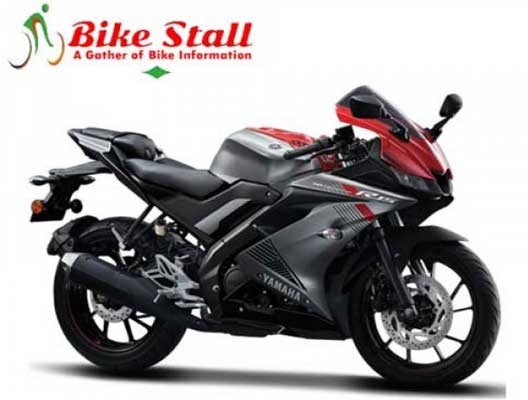Blogs
Difference between Petrol (Gasoline) and Octane:

Difference between gasoline (petrol) and octane:
-
Gasoline (Petrol):
- Gasoline, also known as petrol in many countries, is a common fuel used in internal combustion engines, including those in motorcycles and cars.
- It is a hydrocarbon-based fuel derived from crude oil through a refining process. Gasoline typically consists of various hydrocarbons, including octane, heptane, and other components.
- Gasoline is highly flammable and is used as a fuel source due to its combustible properties.
- Different grades or types of gasoline are available, such as regular (87 octane), mid-grade (89-90 octane), and premium (91-94 octane). The octane rating indicates the fuel's resistance to knocking or pre-ignition in an engine.
-
Octane:
- Octane is not a type of fuel; rather, it is a rating that measures the performance characteristics of gasoline or other liquid fuels used in internal combustion engines.
- The octane rating is a numerical representation of a fuel's ability to resist "knocking" or "pinging" during combustion in an engine. Knocking is an undesirable condition where the air-fuel mixture in the engine's cylinder ignites prematurely, causing a knocking sound and potential engine damage.
- The higher the octane rating, the more resistant the fuel is to knocking. Higher-octane fuels are used in engines with higher compression ratios and those designed for increased performance.
- Common octane ratings for gasoline include 87 (regular), 89-90 (mid-grade), and 91-94 (premium) in the United States. High-performance and specialty fuels can have even higher octane ratings.
In summary, gasoline (petrol) is a type of fuel derived from crude oil, while octane is a measure of the fuel's resistance to engine knocking. When you choose between regular, mid-grade, and premium gasoline, you're essentially selecting different octane ratings to match your engine's requirements. Engines with higher compression ratios or turbocharging often require higher-octane fuels to perform optimally and avoid knocking, while standard engines can run on lower-octane gasoline without issues.


